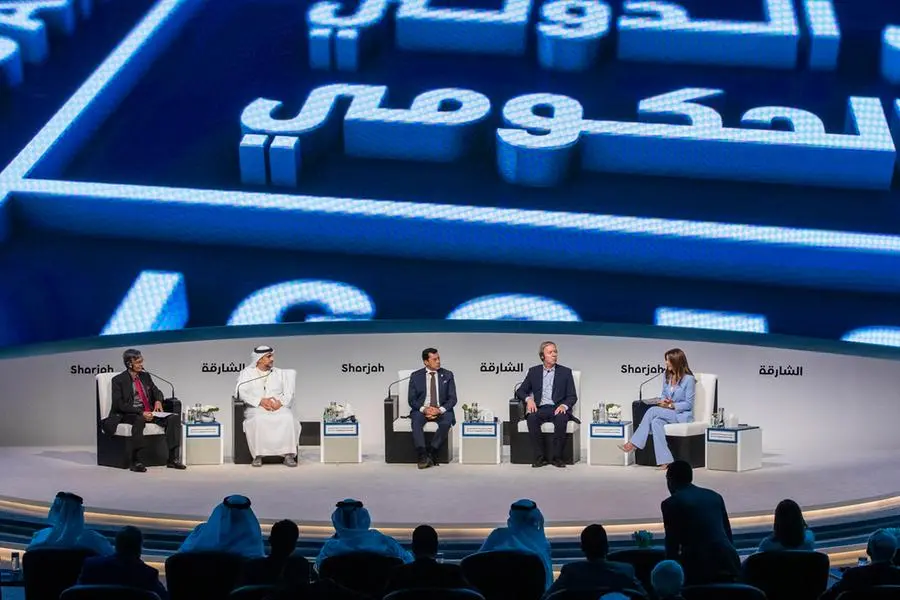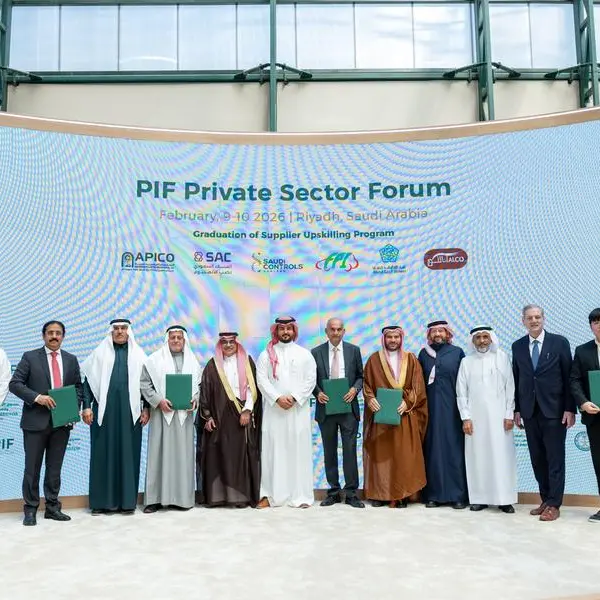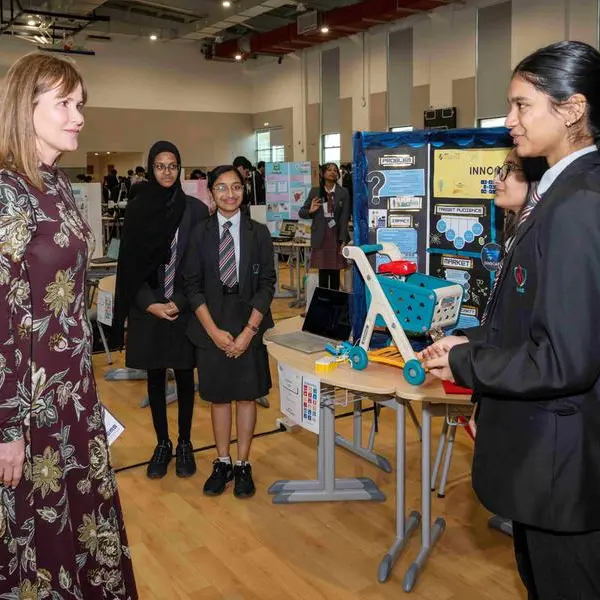PHOTO
Sharjah: Global experts who spoke on a key panel discussion on climate change and net zero emissions on the opening day of the 11th International Government Communication Forum (IGCF) expressed concern that unless key changes are made on the current course in addressing climate change, it is possible that the world may not be able to achieve its net zero goals.
During a panel discussion titled ‘When zero becomes an achievement’ held at Expo Centre Sharjah where IGCF is being held under the theme ‘Challenges and Solutions’, Tom Carnac, an author on climate change policy and advisor to corporates and governments, said: “This the first summer in our history where heat events have impacted three continents on the same day - in Asia, Europe and North America. There is now a collective realisation that we have reached a point of no return.”
“This is a decisive decade and science has been extremely clear that if we are to have a chance at limiting climate change to 1.5 degrees Celsius, we must peak emissions by the middle of this decade and halve them by the end of the decade to achieve net zero by the middle of the century,” Carnac explained.
“This roughly equates to an 8 per cent reduction every year between now and the end of the decade. Progress is not possible unless we change our course. The reality is that we are at a pivotal moment of decision. We can no longer delay this,” he said.
Meanwhile, Engineer Mohammed Al Hosani, Chief Sustainability Officer, Bee’ah Group, outlined the key initiatives that the UAE has taken towards addressing the issue of climate change.
“As early as 2014 in the emirate of Sharjah - even before the historic Paris Agreement in 2015, we were already talking about converting garbage into clean energy. And now, we are talking about changing garbage into green hydrogen,” Eng. Al Hosani said. “There is also a large-scale initiative by the Abu Dhabi government to store 800,000 tonnes of carbon. Several more initiatives are at an advanced level and we have entered into partnerships to ensure that these initiatives are successful.”
His Excellency Dr. Ashraf Sobhi, Egyptian Minister of Youth and Sports cited the importance of government-led communication campaigns on this issue.
He said: “We believe that government communication is a key element in climate change preparedness and mitigation and I congratulate Sharjah for organising this important forum. The recent spate of floods, storms, disasters and catastrophes have convinced more people that the issue of climate change is real and that we have to act promptly. And this should be incorporated in every government’s communications strategies.”
Mohan Munasinghe, Vice-Chairman of the United Nations Intergovernmental Panel on Climate Change, was of the opinion that governments cannot often address such issues on their own.
“What we need and what I have been advocating for 30 years is to energise what I call the stakeholder triangle. Governments, businesses and civil society must work together to address the issues of climate change and sustainable development,” he said.
The two-day IGCF, organised by the International Government Communication Centre (IGCC) - an initiative of the Sharjah Government Media Bureau (SGMB), is currently underway at Expo Centre Sharjah, under the theme ‘Challenges and Solutions’. The programme has a packed agenda that includes seven main discussion sessions, 10 inspiring speeches, six workshops, 13 interactive platforms and 40 side activities. It is being attended by 160 senior public officials, thought leaders and experts, highlighting the role of government communication in overcoming local and global governance challenges, and social and economic crises while highlighting opportunities arising from them.




















